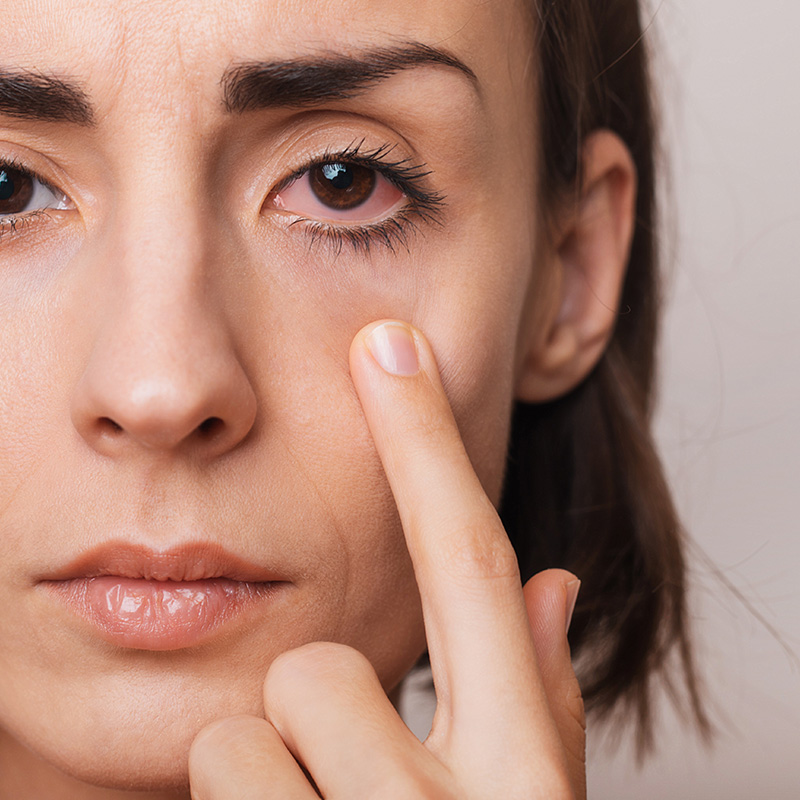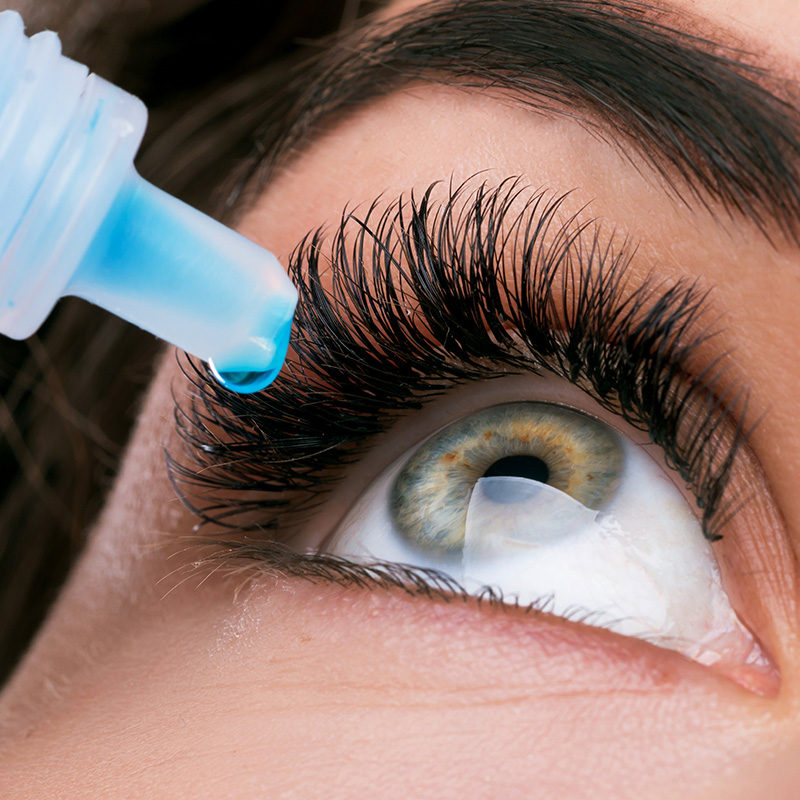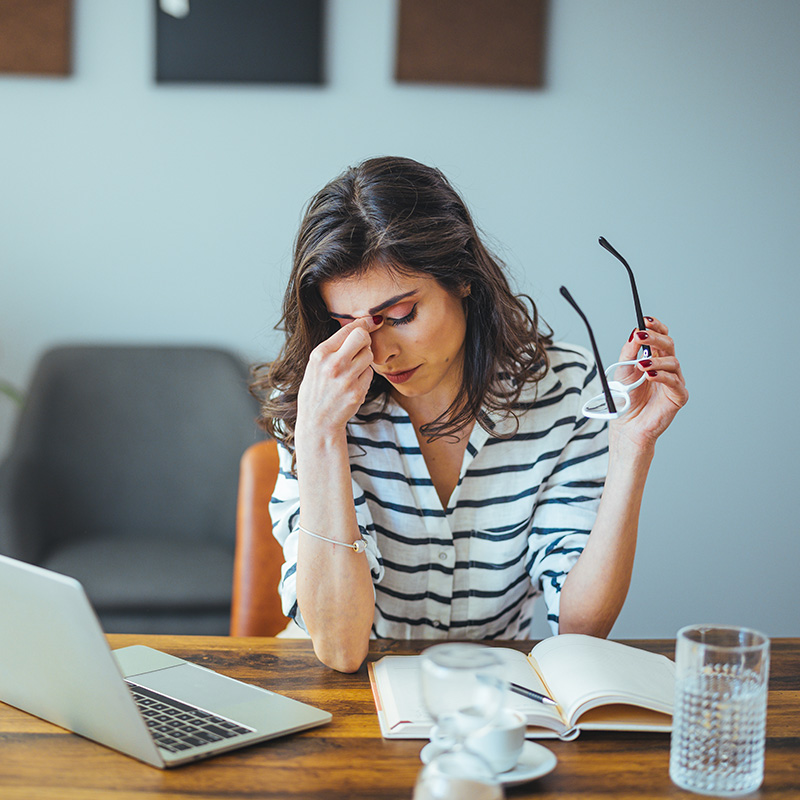Personalized Dry Eye Relief at Premier Eye Center
Are you enduring the persistent discomfort of dry eye syndrome? At Premier Eye Center in Shrewsbury, we are here to guide you toward rediscovering comfort. Our commitment lies in creating treatments tailored to your unique needs. Let's explore how we can bring lasting relief and comfort to your eyes.

Experience the precision of Premier Eye Center's state-of-the-art diagnostic tools. We swiftly and accurately identify the cause and type of your dry eye problem, going beyond generic solutions. Our approach involves crafting personalized treatment plans to alleviate your symptoms and address the root cause of your discomfort.
Understanding Dry Eye: A Gentle Guide
Dry eye syndrome ranges from a mild irritant to a chronic issue, expressing itself through:
- Dryness
- Irritation
- Redness
- Excessive tearing
- Inflammation
- Soreness
- Itchiness
- Burning
- Gritty feelings
- Crusty eyes
- Blurriness
Exploring the Causes of Dry Eye
Dry eyes, a complex condition, share common symptoms despite having various causes. Dr. Lawrence A. Filak Jr. utilizes cutting-edge technology to gently pinpoint the cause of your dry eye symptoms, ensuring optimal care. Causes include:
- Poor tear quality
- Meibomian gland disorder
- Blepharitis
- Poor tear volume
- Age
- Gender
- Environmental factors
- Contact lenses
- Medical conditions
- Lifestyle
- Medications
Enhancing Your Lifestyle for Dry Eye Prevention and Treatment
Preventing dry eye symptoms and addressing aggravating factors involve gentle lifestyle adjustments. Suggestions include:
- Fostering a habit of frequent blinking.
- Maintaining adequate fluid intake.
- Avoiding eye irritants.
- Embracing a healthy lifestyle with a focus on omega-3 vitamins.
- Using lubricating eye drops if taking medications that pose a risk of dry eyes.
- Nurturing your eyes by taking a gentle break every 20 minutes during prolonged use of a digital device.
- Ensuring a gentle tear flow by maintaining sufficient water intake.


Dry Eye Treatment at Premier Eye Center
Our advanced dry eye treatments go beyond symptom relief. We use cutting-edge technology to identify the root cause, ensuring personalized care that brings lasting comfort to your eyes.
Why Dry Eye Affects More Women Than Men
Women may be more susceptible to dry eye syndrome due to lifestyle choices such as makeup use and hormonal changes over a lifetime. Post-menopausal women who use hormone replacement therapy may slightly increase their risk.
Ready to experience the tailored comfort your eyes deserve? Schedule your appointment at Premier Eye Center.

